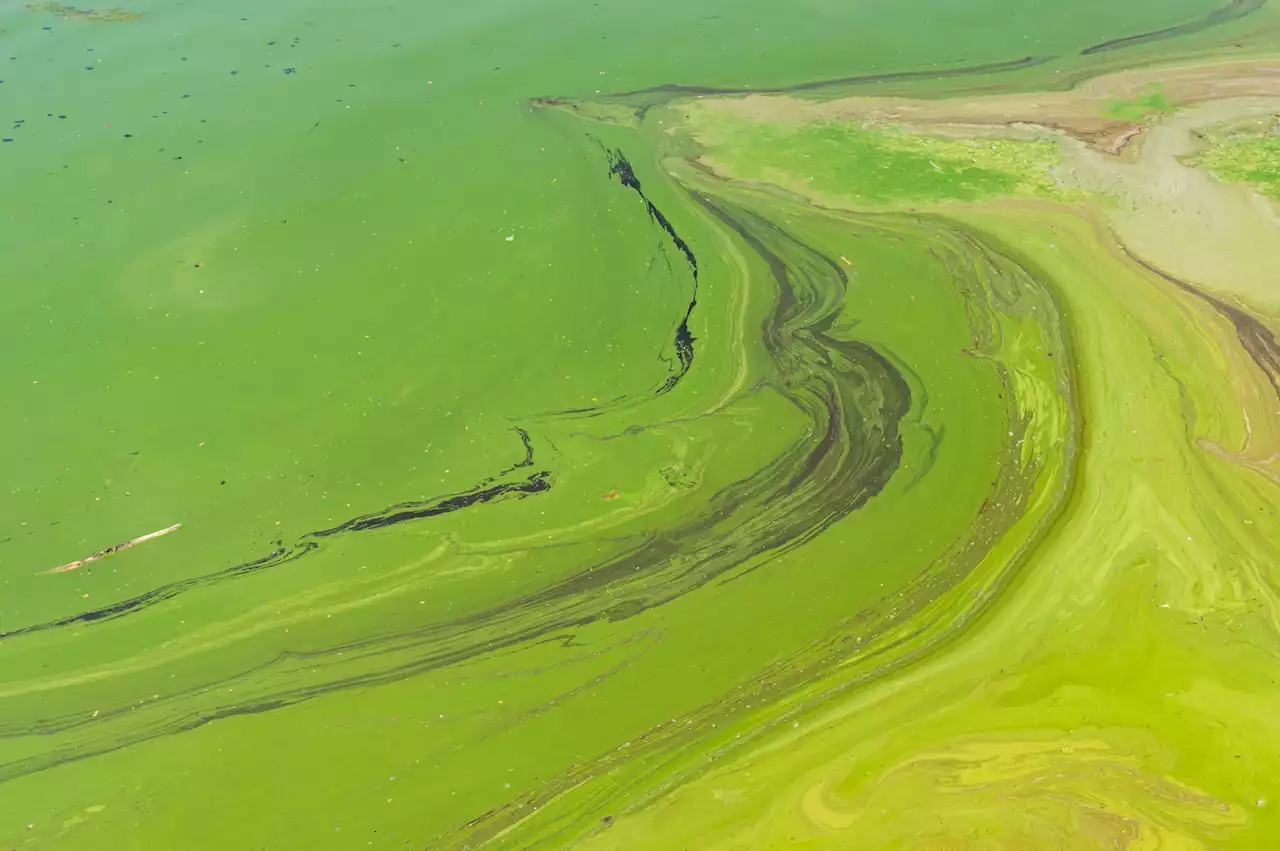Paleontologists have discovered ancient penis worms in Cambrian fossil formations in China that wore other creatures' shells for protection, like hermit crabs.
The fossilized remnants of “hermiting” Cambrian priapulida. Photo: Yang et al. 2021.As they inspected the fossil, looking for physical traits that might give them clues on their history, certain features jumped out as evidence that these worms took up residence in the shells. First, the animals fit snugly inside the carapaces, suggesting they were adapting them for long-term homes and not just protection from the elements during breeding season.
“Ultimately, what we came up with was that they were living full-time in the shells just as modern hermit crabs do,” Smith says.These clues give the researchers a better understanding of the lives of these old-school hermits—modern penis worms no longer wrap it up—along with the ocean more broadly during Cambrian times. The ancient penis worms were likely making complex decisions to find shells that fit them, and upgrade when their homes were getting a bit too cramped.
“You can imagine if we discover life on Jupiter or Mars or elsewhere in the galaxy,” Smith says, “it’s looking like a reasonable assumption that maybe there’ll be alien hermit crabs.”
France Dernières Nouvelles, France Actualités
Similar News:Vous pouvez également lire des articles d'actualité similaires à celui-ci que nous avons collectés auprès d'autres sources d'information.
 Kazakhstan Crisis Shows That Russia Still Trumps China’s Power in Central AsiaFor years, Russia and China have had a tacit division of labor in the Central Asia: Moscow provided security oversight while Beijing helped develop the area’s economies. The crisis in Kazakhstan shows that Russia still trumps China’s power there.
Kazakhstan Crisis Shows That Russia Still Trumps China’s Power in Central AsiaFor years, Russia and China have had a tacit division of labor in the Central Asia: Moscow provided security oversight while Beijing helped develop the area’s economies. The crisis in Kazakhstan shows that Russia still trumps China’s power there.
Lire la suite »
 SEC Is ‘Running Out of Excuses' for Rejecting a Pure-Play Bitcoin ETF, Top Financial Advisor SaysA purely bitcoin-based exchange-traded fund offers “a step toward consumer protection,” Ric Edelman says.
SEC Is ‘Running Out of Excuses' for Rejecting a Pure-Play Bitcoin ETF, Top Financial Advisor SaysA purely bitcoin-based exchange-traded fund offers “a step toward consumer protection,” Ric Edelman says.
Lire la suite »
 Ancient humans may have started hunting 2 million years agoCut marks on animal bones suggest ancient hominins butchered them for their meat, and that they were first on the scene instead of having to scavenge from carnivores like big cats
Ancient humans may have started hunting 2 million years agoCut marks on animal bones suggest ancient hominins butchered them for their meat, and that they were first on the scene instead of having to scavenge from carnivores like big cats
Lire la suite »
 Ancient rocks hold the story of Earth's first breath of oxygenThe Great Oxygenation Event, which happened 2.3 billion years ago, transformed Earth's atmosphere—making previously rare oxygen abundant.
Ancient rocks hold the story of Earth's first breath of oxygenThe Great Oxygenation Event, which happened 2.3 billion years ago, transformed Earth's atmosphere—making previously rare oxygen abundant.
Lire la suite »
